Search

News & Events
New eczema storybook to promote healthy skinA children’s book – written by community, for community – has been launched in Western Australia’s south-west to help children and families understand more about one of the most common inflammatory skin conditions in children.
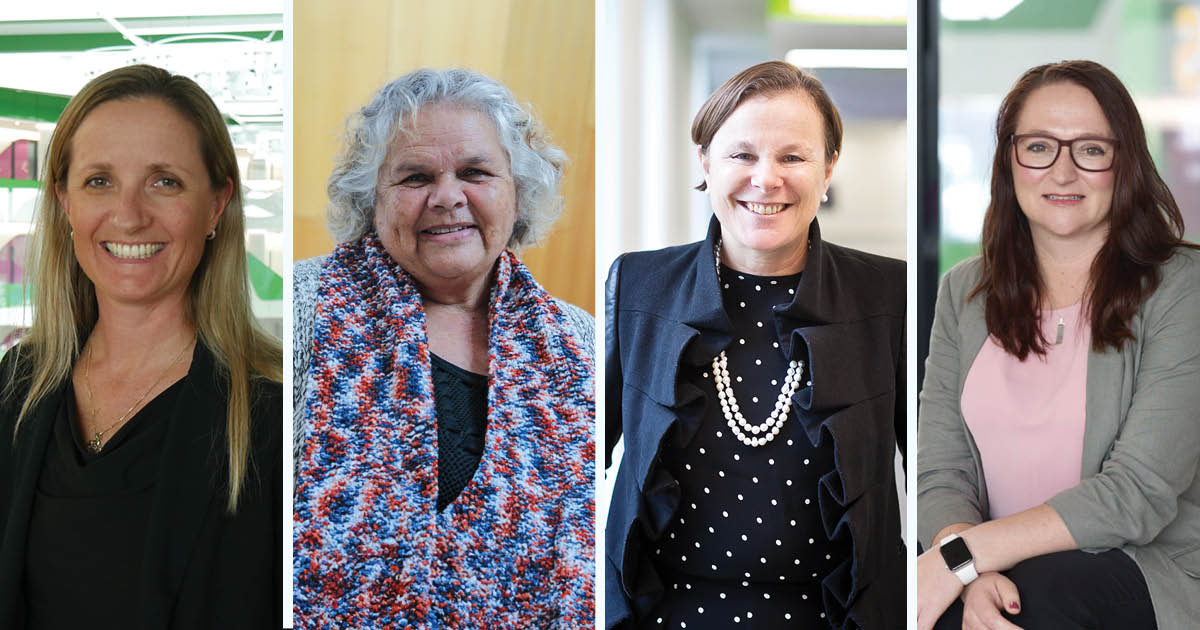
News & Events
Australia Day Honours for researchers and esteemed ElderFour outstanding members of The Kids Research Institute Australia family – three researchers and an Aboriginal Elder co-researcher – have been named in the Australia Day Honours List for their outstanding service to research and the community.
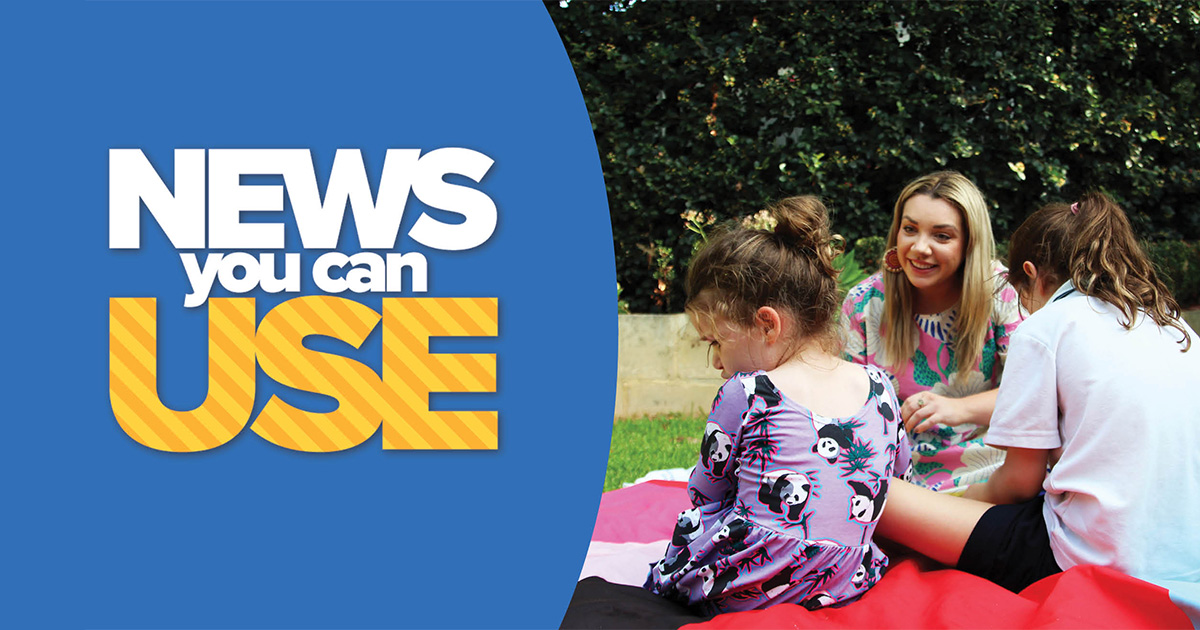
News & Events
Back to school anxiety: How to help your child transition into the new school yearAs we count down to the end of the long summer holidays, it’s natural for children to feel anxious about what the new school year will bring.
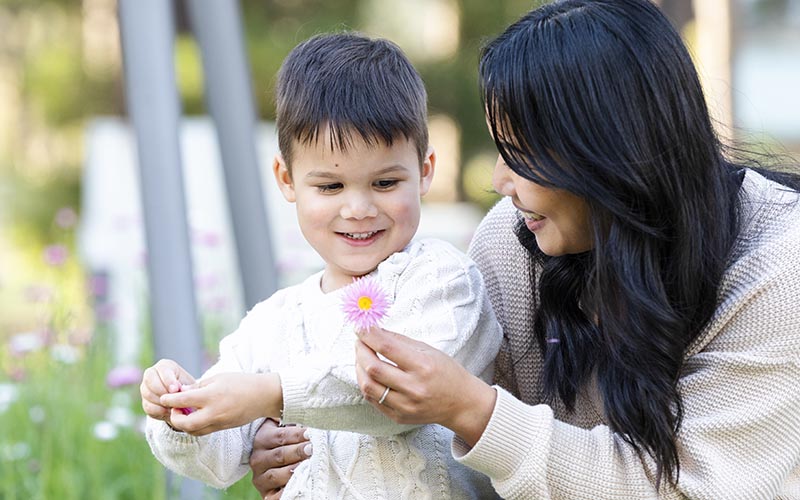
News & Events
Five The Kids researchers awarded prestigious grantsSeveral The Kids Research Institute Australia researchers will share in more than $7.5 million in prestigious Investigator Grants to pursue a range of innovative child health research.
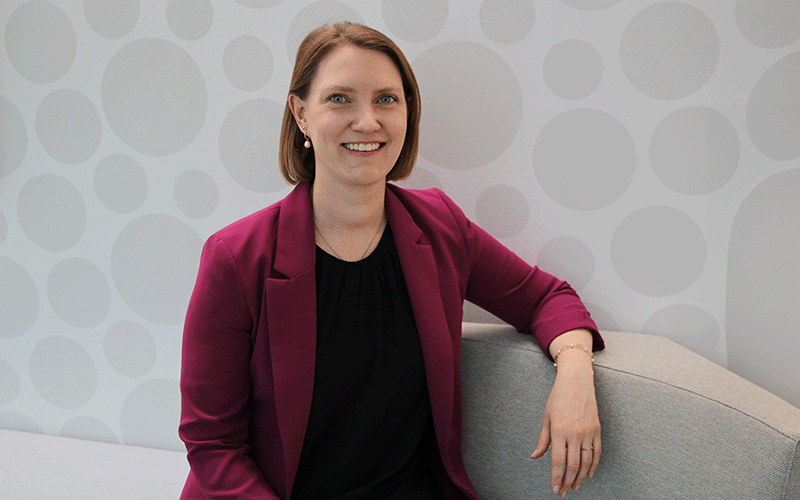
News & Events
The Kids celebrate neurodiverse leader selected for prestigious STEM programA remarkable Institute leader will join a cohort of 25 STEM-qualified women to take part in the prestigious 2024 Women in Leadership Development (WILD) program.

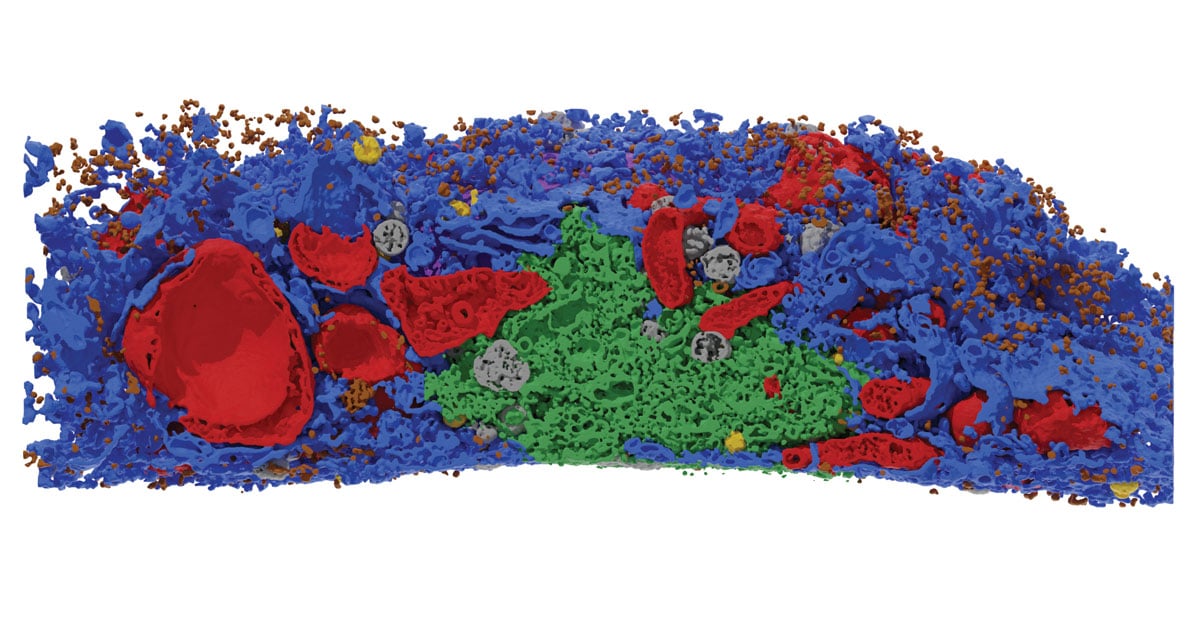
News & Events
Researchers uncover the hidden wonder of cellsResearchers from The Kids Research Institute Australia and The University of Western Australia have developed a new technique to see inside cells with unprecedented detail, revealing a complicated web of interactions that provides new insights into how cells stay healthy.

News & Events
Getting through to young people on sun safety and vapingResearchers from The Kids Research Institute Australia and Cancer Council WA will team up on two projects aimed at identifying the most effective public health messaging for young people around SunSmart behaviours and how to stop vaping.
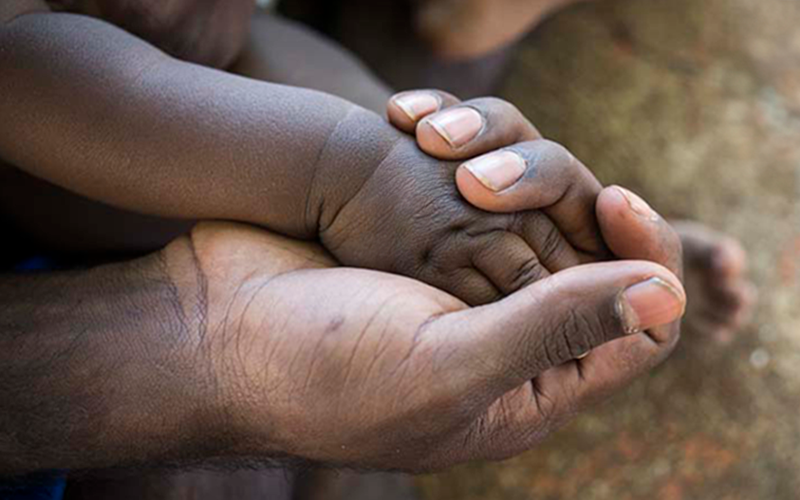
News & Events
RSV rates skyrocket among Aboriginal babiesExperts are warning Aboriginal parents in Western Australia with newborn babies to be vigilant about Respiratory Syncytial Virus (RSV) as winter progresses.
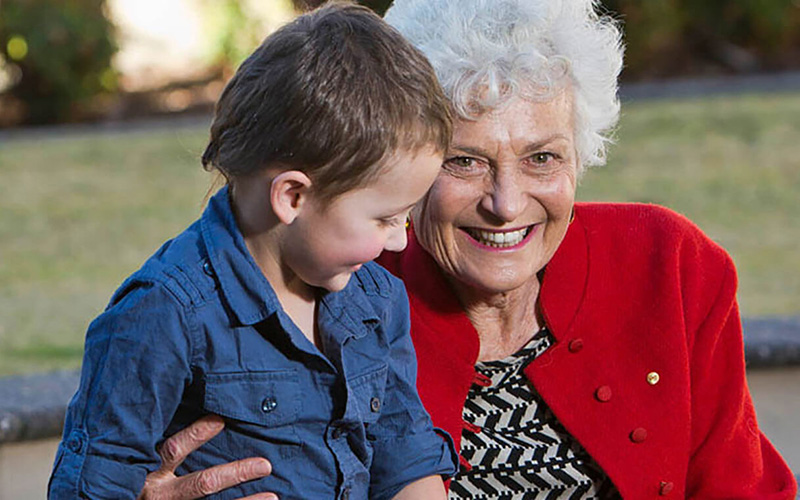
News & Events
OPINION: Fiona Stanley and Dan McAullay: Close the Gap focus ignores positivesThis opinion article was originally published in the West Australian on July 20, 2023.
